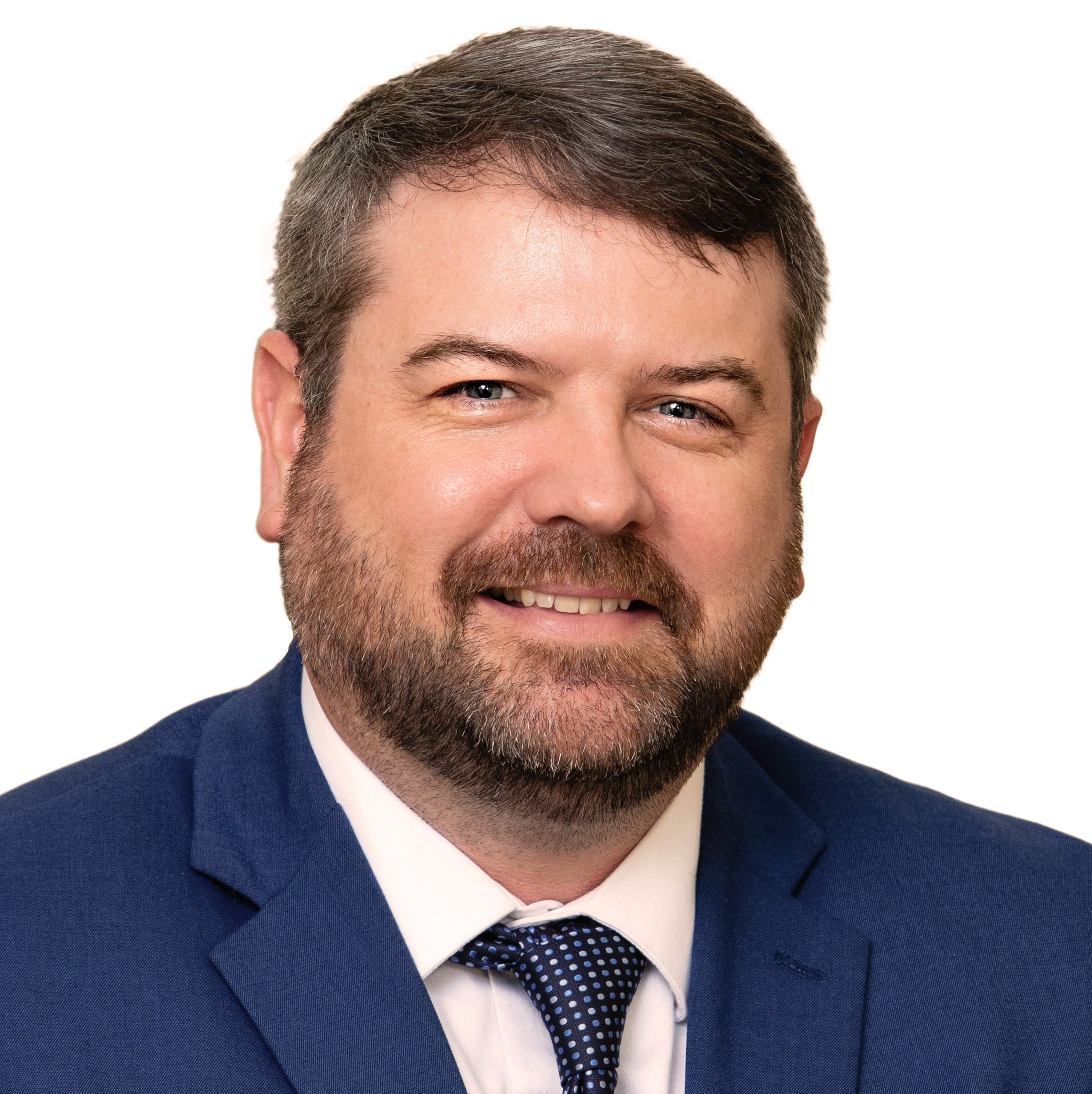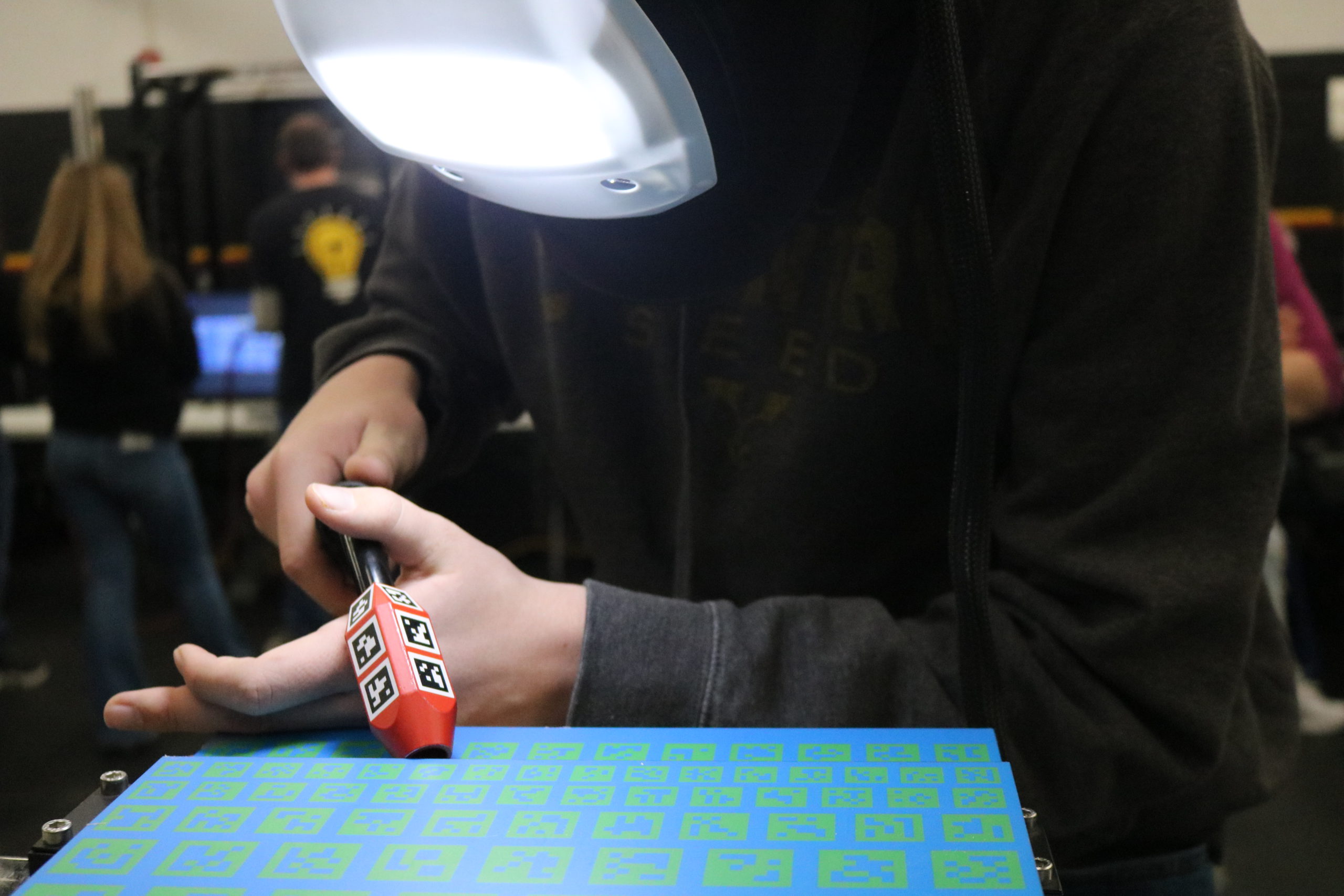Even while grappling with the upheaval of the pandemic, superintendents also had to remain focused on the long-term health of their districts. That meant continuing to work on the technological, financial and communications challenges that existed before COVID turned everything upside down in March 2020.
Spanning all of the issues above, of course, is academic achievement and the inequities many leaders were working to rectify. Initiatives to better serve all students have only accelerated over the last two years, says Superintendent John-Mark Cain of Mississippi’s rural Lauderdale County School District. “Graduation is no longer the end goal, it’s the starting line,” says Cain, named Mississippi’s 2022 Superintendent of the Year by AASA, The School Superintendents Association.
Here’s a look at three superintendents who continue to work on long-term goals even as they tackle the more immediate obstacles COVID has thrown in front of their students and staff.
‘Are we going to exist?’
When Jeff Horton became superintendent of Gibbon Fairfax Winthrop Schools in 2020, the rural southern Minnesota district was at serious risk of being dissolved due to an account balance that had slid into the negative. The district had also lost two tax increases in a row, with voters rejecting the measures by 80% and 55%. “When somebody says that something is unattainable, that something is going to be really hard, that gets me excited,” Horton says. “We’ve gone from a place of ‘Are we going to exist?’ to ‘What do we want to be?’ and now we are a regional leader in some of our programming.”

Horton says he sparked the turnaround in trust with home visits, breakfast chats at local diners, and an overall community engagement campaign during which he met with the media, local legislators and city officials. With help from district cultural liaisons, he made special efforts to connect with and gather feedback from the Latinx community. He also made transparency a guiding principle in communications to ensure the community’s ideas were being incorporated into the steps being taken to rejuvenate the district. “Everything we did was measurable and objective, so we could go back and say, ‘You asked, here’s how we delivered,'” Horton says. “And when we couldn’t do what they wanted, we could say why.”
As a result of this outreach, Horton was able to push through a tax increase within his first two months on the job and help the district bounce back financially to the point that it now has a 12% surplus. This has allowed it to use ESSER COVID relief funding to expand academic and CTE programs.
Horton and his educators have established five priorities: student achievement; diversity, equity and inclusion; positive school climate; family engagement; and continued financial stability. Horton says he is building staff morale during turbulent times by including them in the goal-setting for all five priorities and in developing the next strategic plan. “I’ve been in large districts, small districts, and in between,” Horton says. “Regardless of the size of your district, you can provide a top-notch educational experience if you’re willing to be innovative and creative and you’re willing to do the work.”
‘The closest we’ve ever been’
Don’t be afraid to rely on your professional support networks. That’s one of the most important lessons Superintendent Christopher Howell of Windham Raymond School District RSU14 in Maine says he learned over the past two years. As challenges arose, he frequently reached out to the superintendents in about a dozen neighboring districts who were dealing with similar issues.
Superintendents Summit
The District Administration Superintendents Summit offers cutting-edge professional development to school district superintendents and other senior education executives to inspire innovation and leadership excellence in K-12 education. Upcoming events in this series:
Jul 20 – Jul 22: Grand Geneva Resort & Spa, Lake Geneva, WI
Nov 9 – Nov 11: Omni La Costa Resort & Spa, Carlsbad, CA
Dec 14 – Dec 16: Ponte Vedra Inn & Club, Ponte Vedra, FL
As president of his county’s superintendents association, Howell has also been instrumental in facilitating regular meetings of district leaders. This new spirit of cooperation has brought educators together to try to solve the problems of the pandemic and beyond and also provide feedback to state leaders about the K-12 system’s needs. He now calls his fellow superintendents his “critical friends” group.
“This is the closest we’ve ever been as school districts and I don’t think it’s ever going to stop,” says Howell, named Maine’s 2022 Superintendent of the Year by AASA, The School Superintendents Association. “We had a group that grew together and that trusted each other to have very open and honest discussions about what individual districts were struggling with.”
A key task for the coming school years is to ensure students recapture learning time lost during remote and hybrid instruction. In some cases, that will start with helping students readjust socially and emotionally, both in the classroom and with other counseling activities. “We’ve seen an uptick in behaviors,” he says. “We’re working to make sure we’re supporting students who don’t want to be in school and who are struggling with engagement.”
Beyond the pandemic, Howell is increasingly concerned about how a polarized national political climate is impacting schools. He also wants to see education leaders supporting divided communities as battles over masks have spread to other areas of K-12 education. “With masks, some followed the science that they were a necessary thing to reduce cases and others said, ‘You’re putting a medical device on my student. You can’t do that,'” he says. “That has transferred to ‘You have a book in the library that doesn’t match my individual beliefs and students shouldn’t have access to it.'”
‘Graduation is no longer the end goal’

In the years ahead, educators in Lauderdale County School District will be focusing on the four E’s: enroll, enlist, employ or entrepreneur, says Cain, the superintendent. The district intends to open more avenues to success for students through an early college program and its Career and Technical Workforce Development Center. “Graduation is no longer the end goal, it’s the starting line,” he says. “We must stay focused on the success of all students and create as many opportunities as possible.”
The workforce center is being created on the site of an abandoned electronics manufacturer purchased by the district. The project, which will unite CTE and early college programs, is being funded by the state and private industry. Meanwhile, Lauderdale County’s graduation rate has soared to 92% in 2022 from about 80% in 2017. Along the way, academic opportunities have been increasingly driven by technology, which, during the pandemic, became fully integrated and “woven into the very fabric of our daily instructional practice and assessment,” Cain says.
More from DA: What, me racist?’ Florida posts 4 lessons to explain rejected math textbooks
During the pandemic, the 6,000-student system went from having to share a handful of Chromebooks to becoming a 1-to-1 Apple district with Canvas’ learning management system. The district’s schools can now share teachers remotely and provide real-time tutoring. It has also implemented a system of ongoing formative and summative assessments with the Mastery Connect platform.
This school year, philanthropic support from the Phil Hardin Foundation allowed the district to launch a new pre-K program that educators hope to expand in 2022-23. The district also used federal funding to install cameras and GPS tracking on its buses to reduce behavioral incidents and vehicular accidents. New onboard internet hubs allow students to do homework while they are traveling to and from school.
FETC 2023
The Future of Education Technology® Conference takes place live and in person Jan. 23-26, 2023, in New Orleans. Register now!
Perhaps the biggest challenge the district faces is a decline in teacher candidates, Cain says. The Mississippi State Legislature recently gave teachers the largest-ever raise, which will serve to both reward teachers for their work during the pandemic and attract new educators to the profession, Cain says. The district is also partnering with Mississippi State University to start the Mississippi Teacher Residency program in Lauderdale County. “This will allow us to help grow our own, and house and hire those with various other educational backgrounds who are working toward becoming a teacher,” Cain says.








